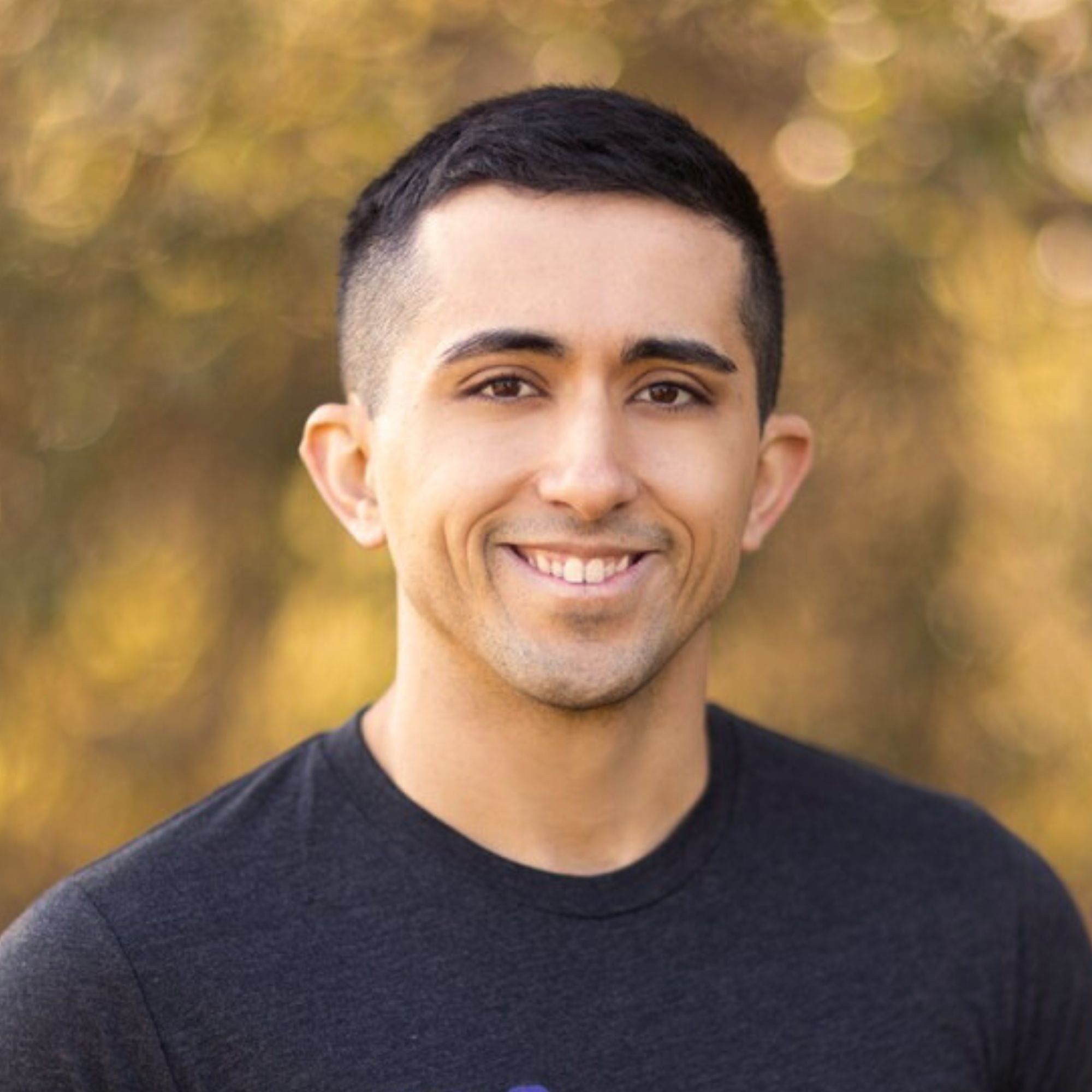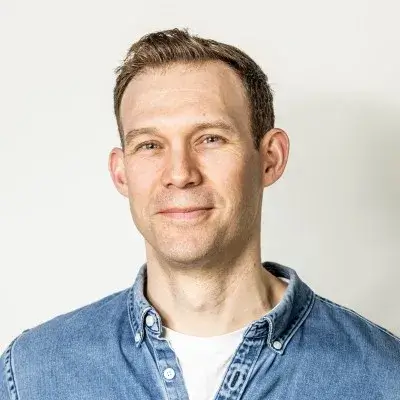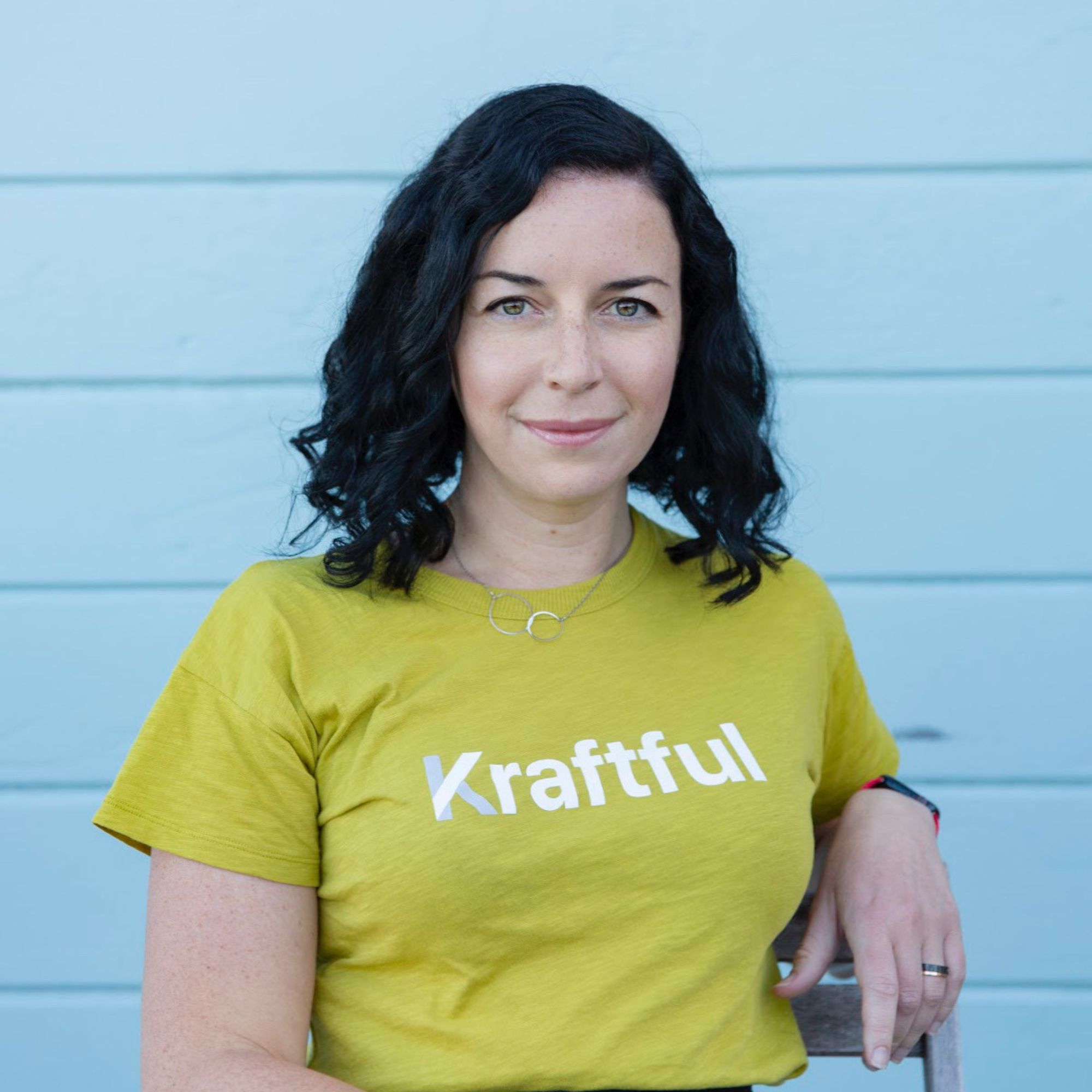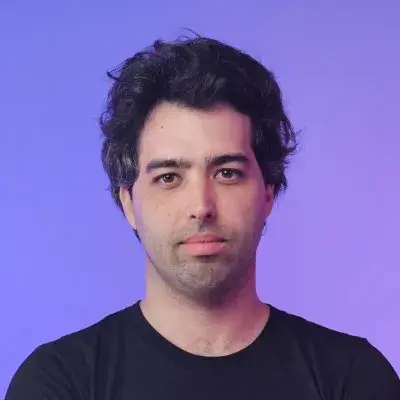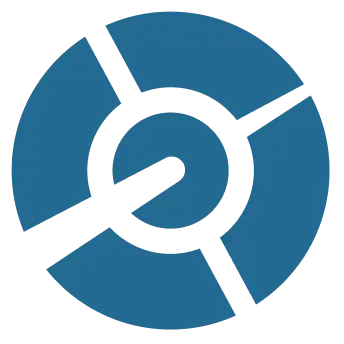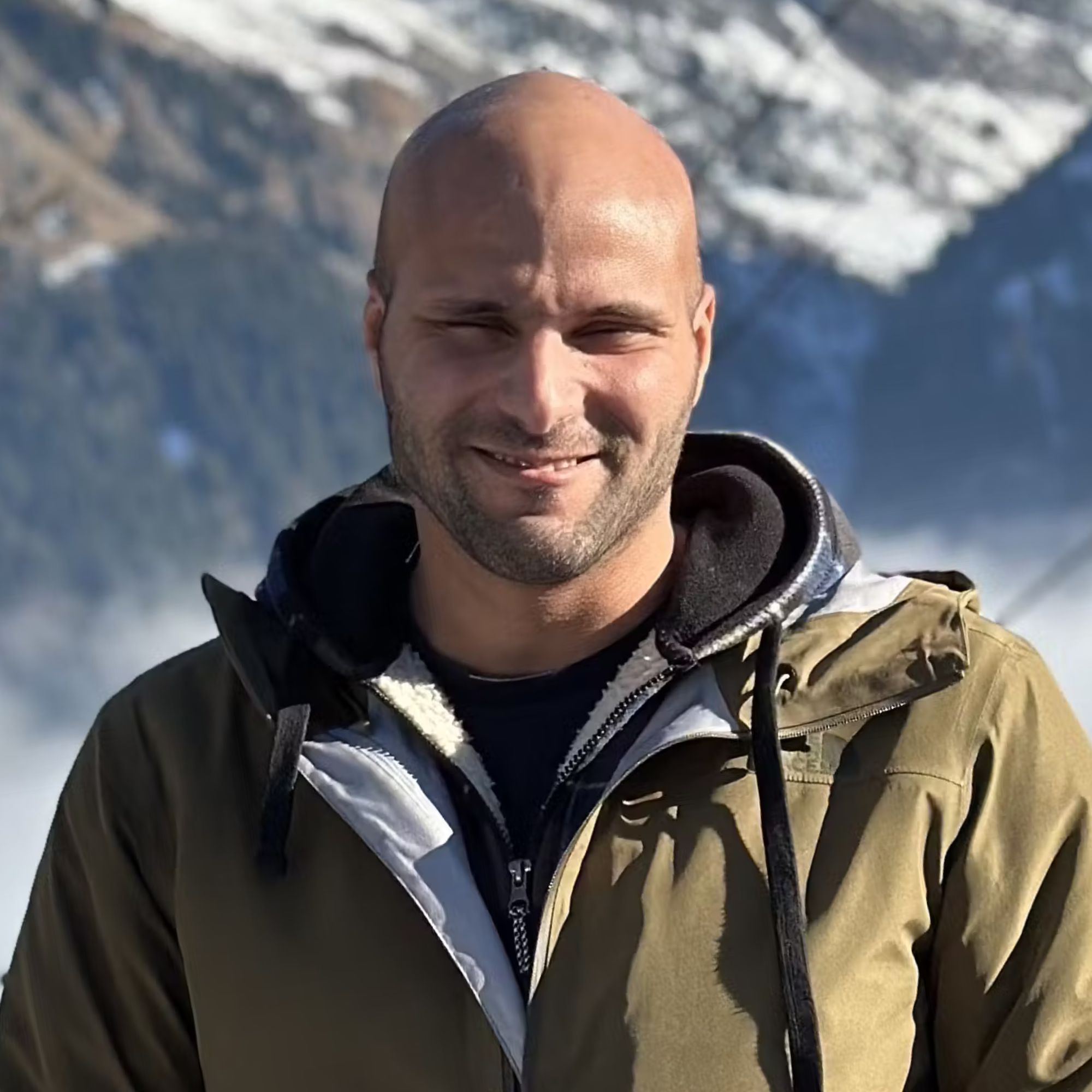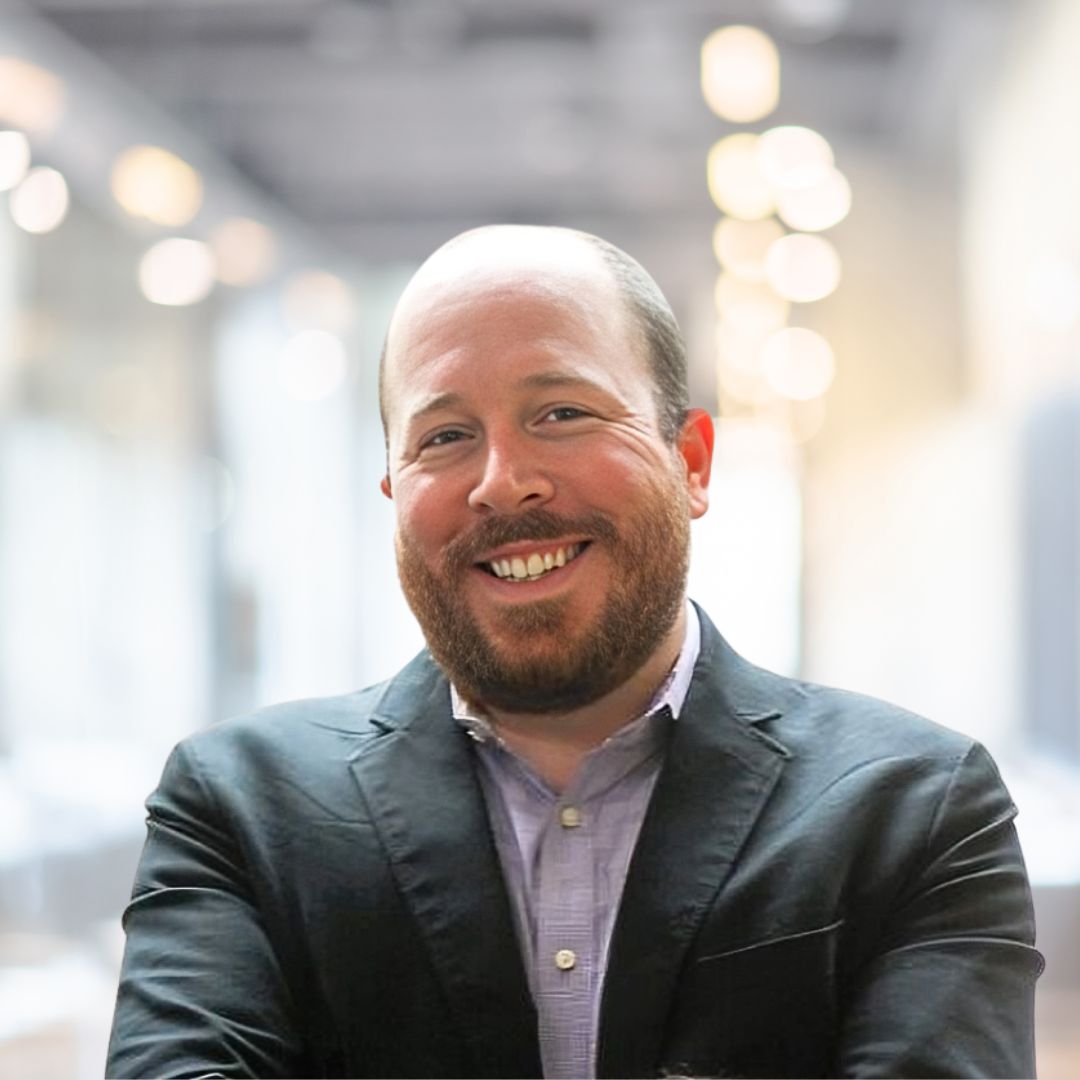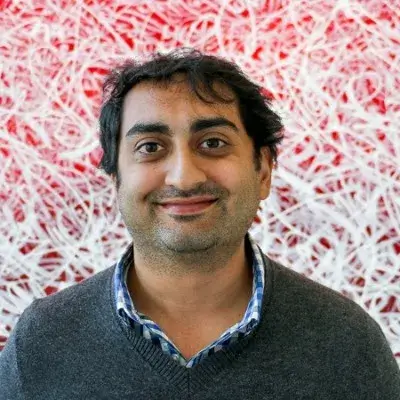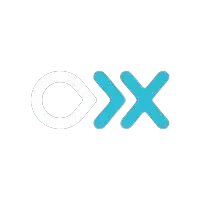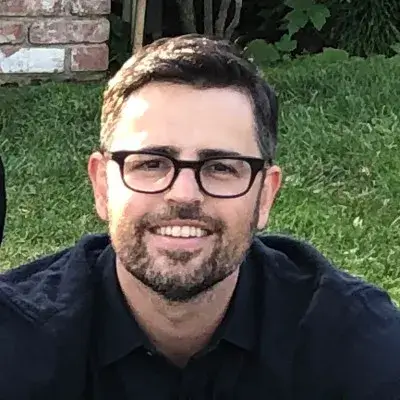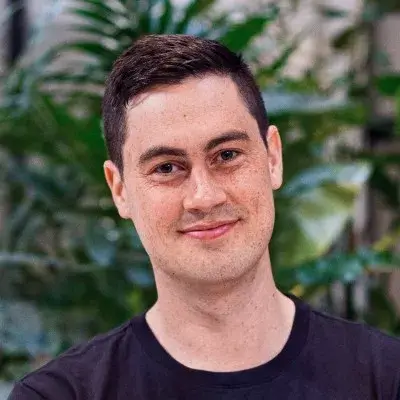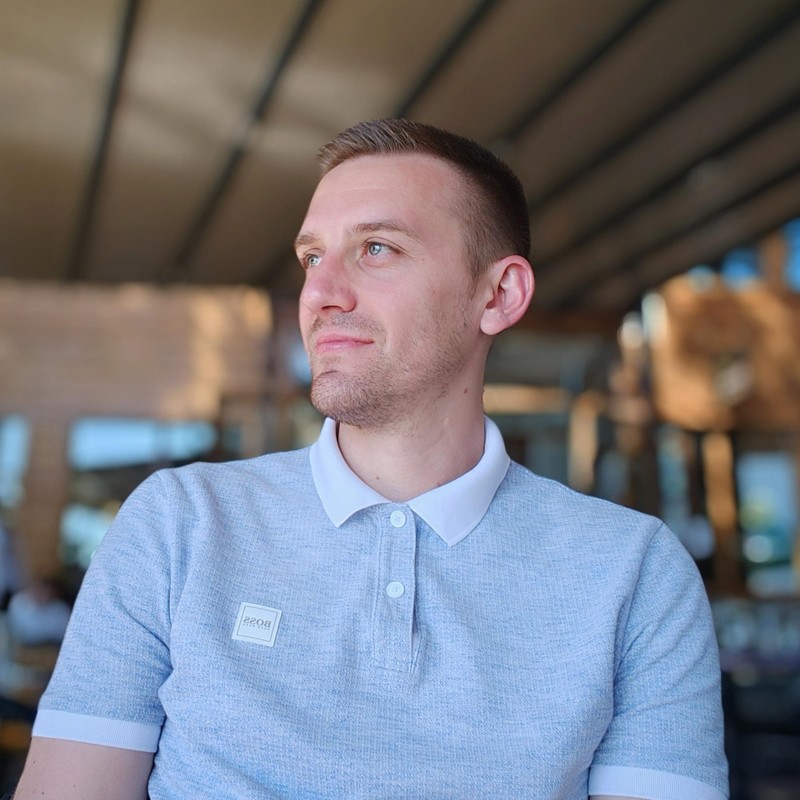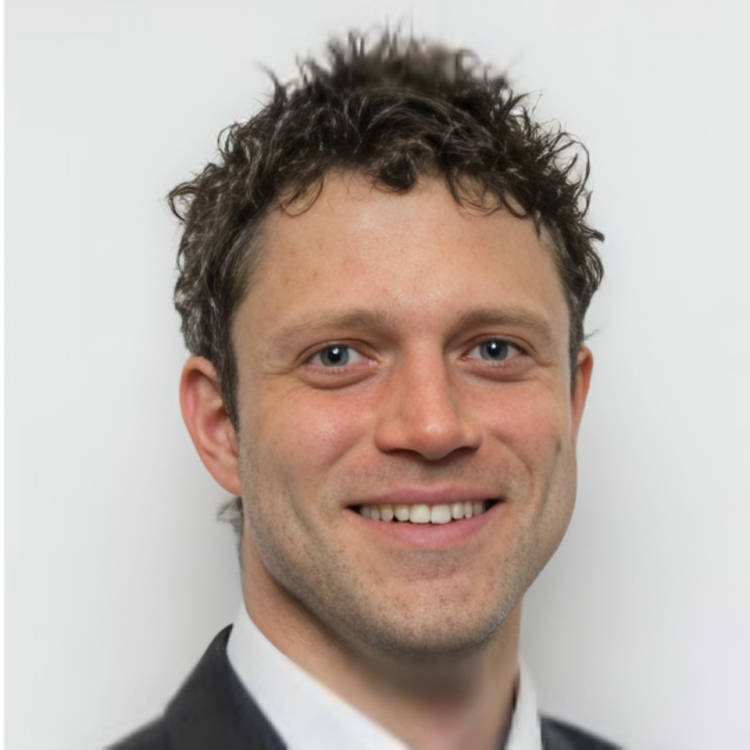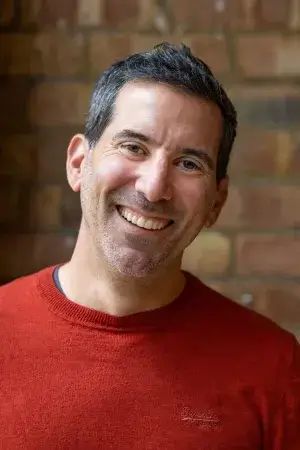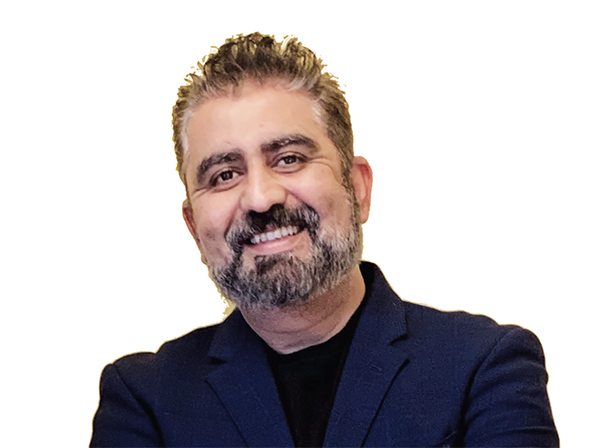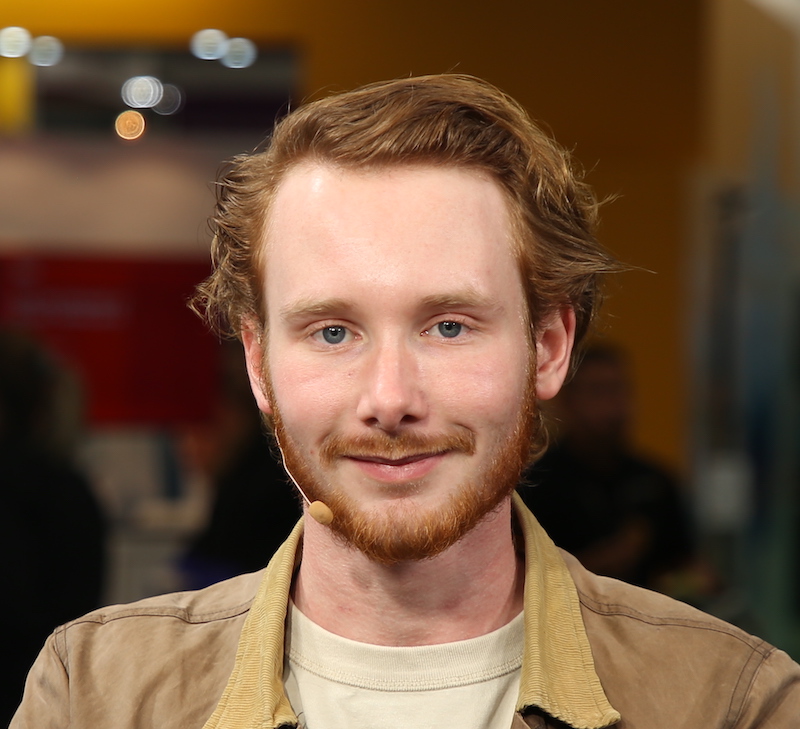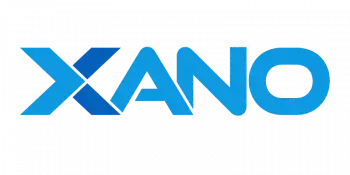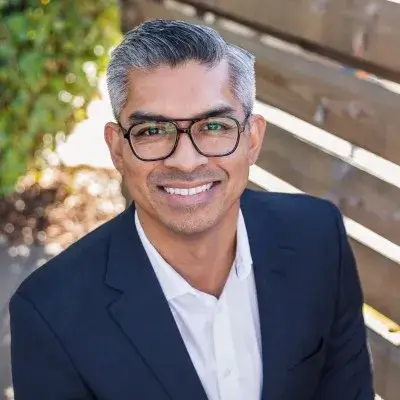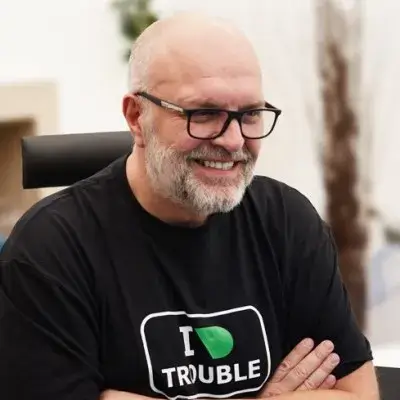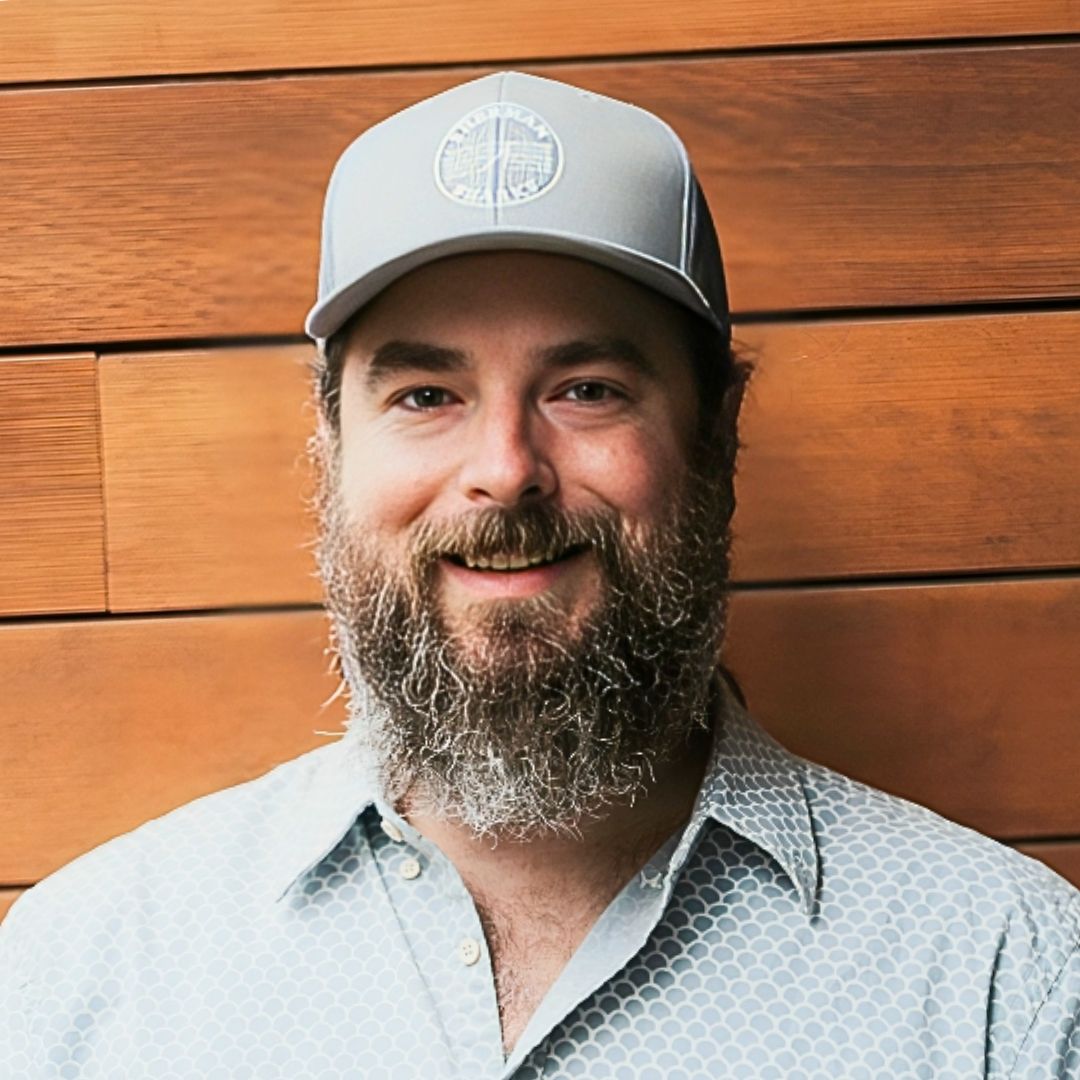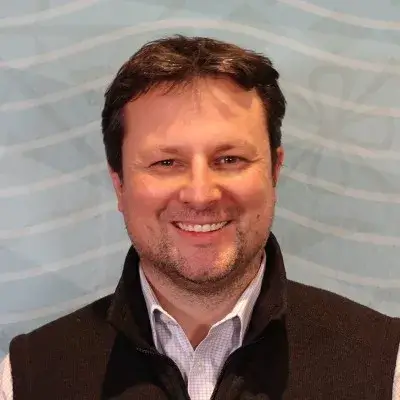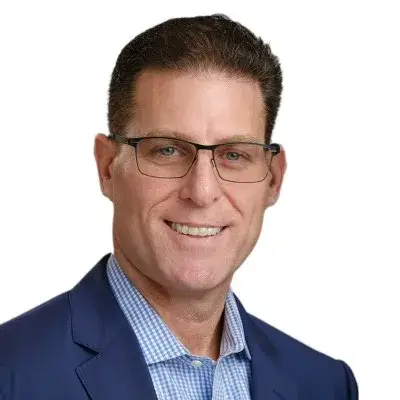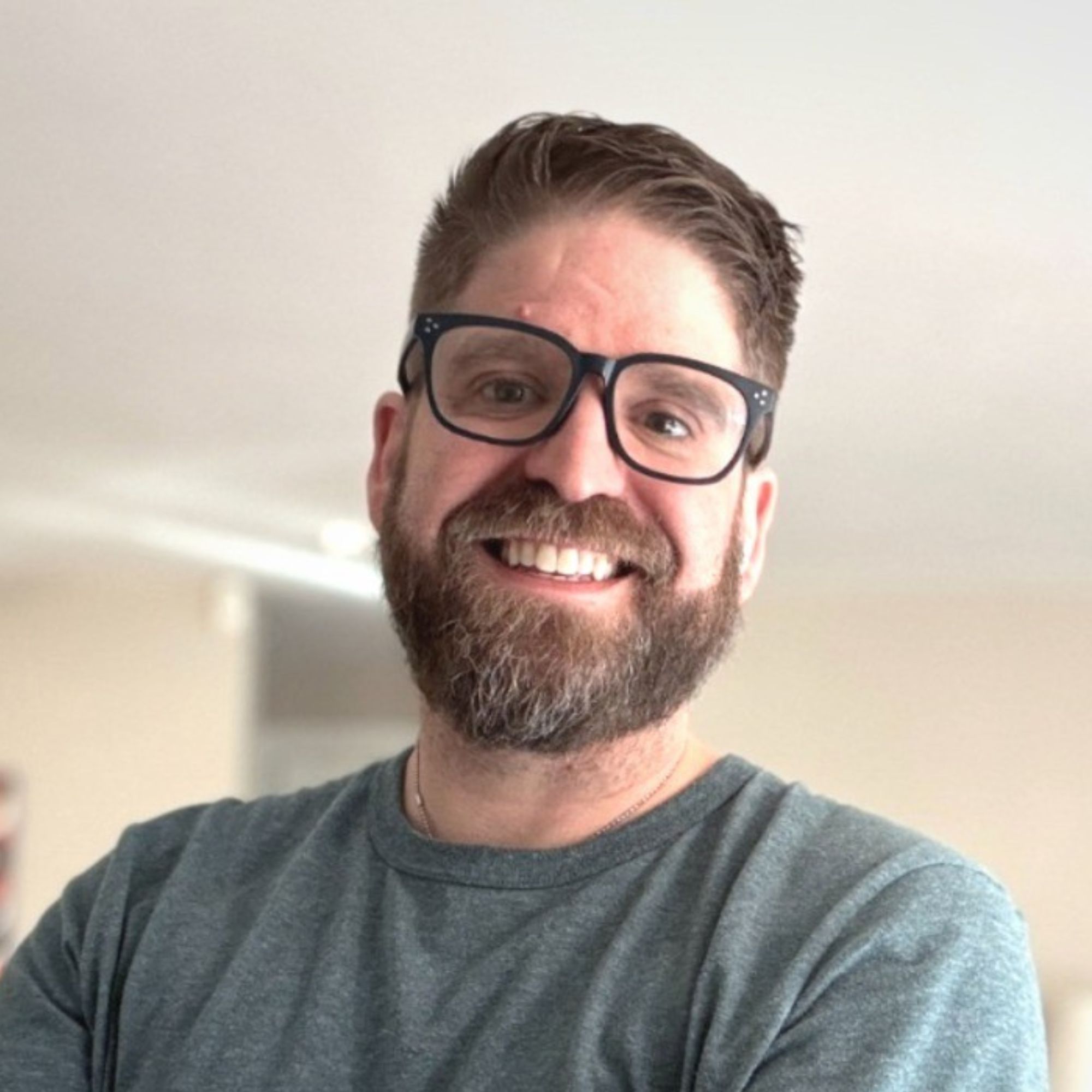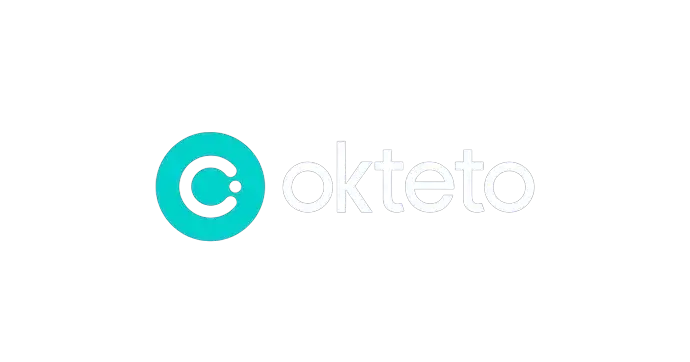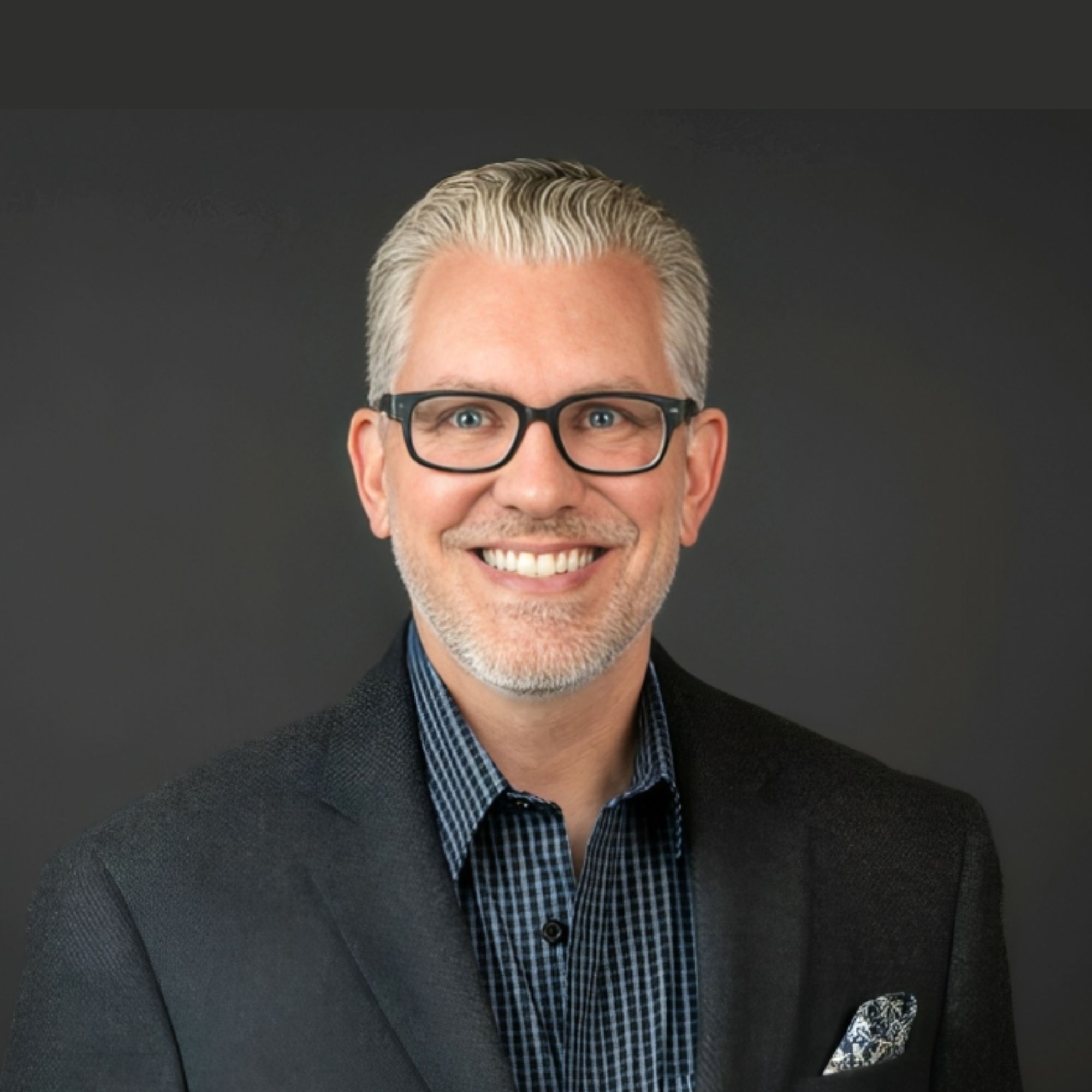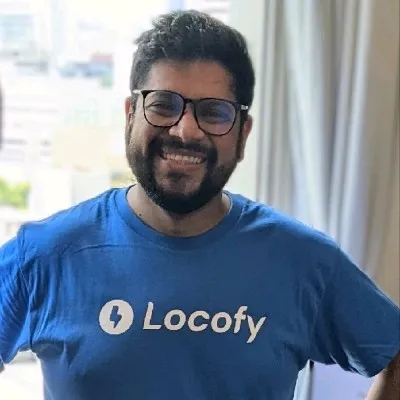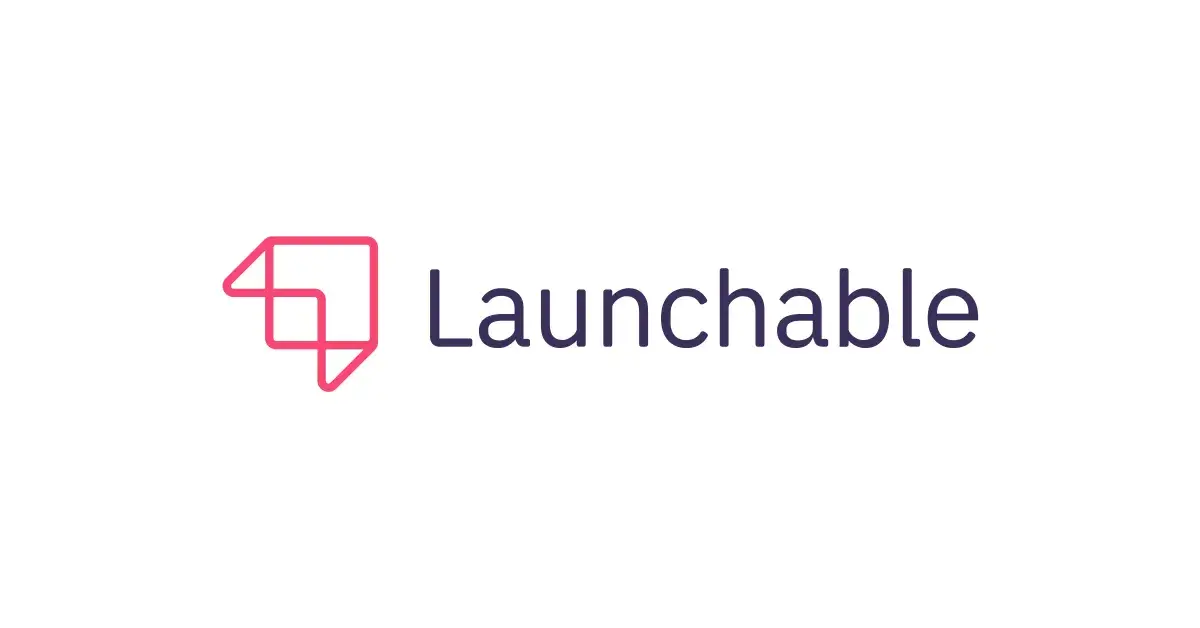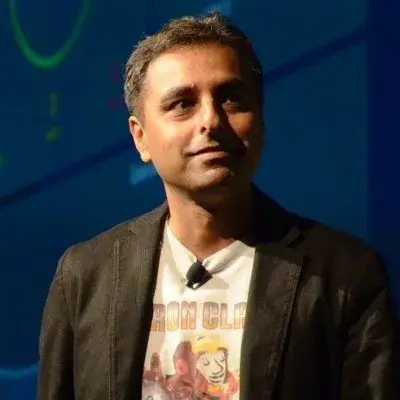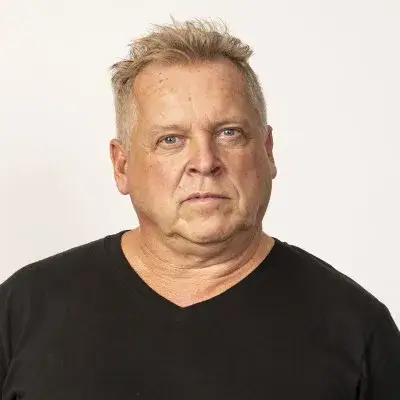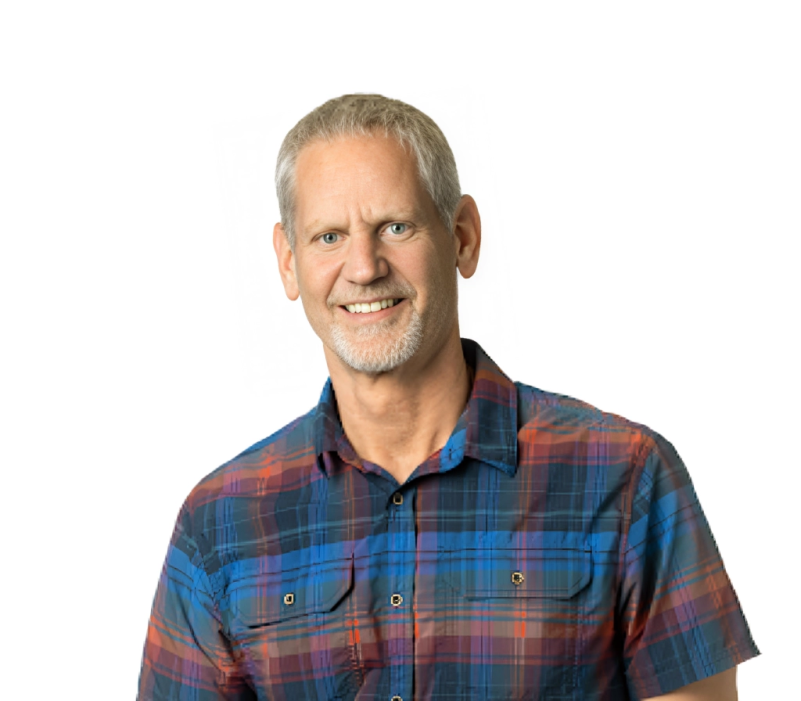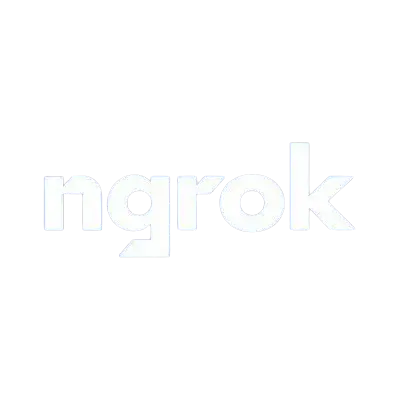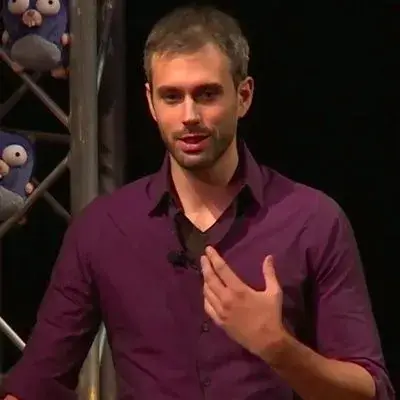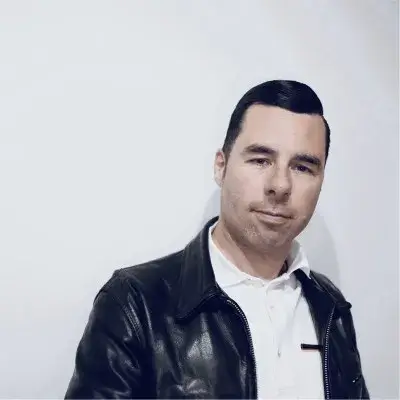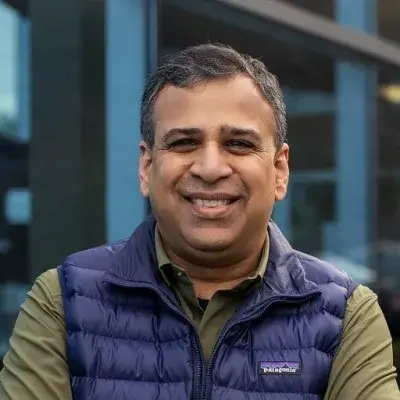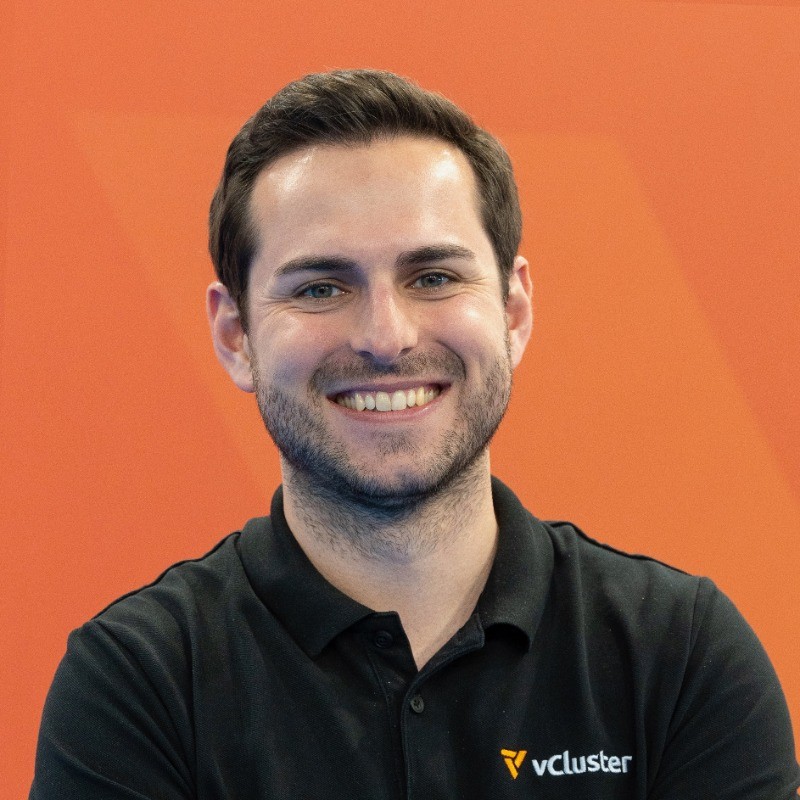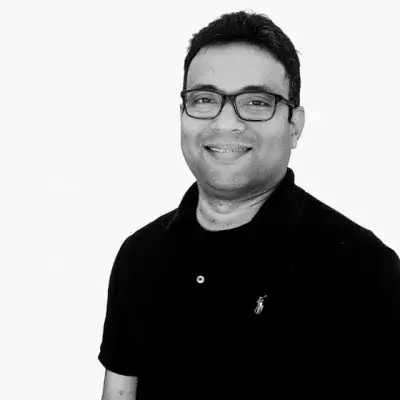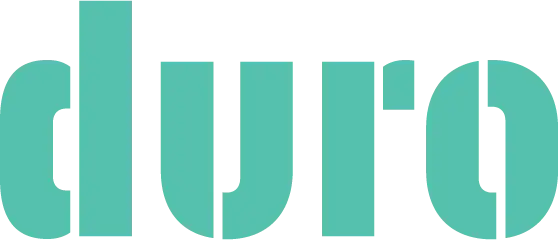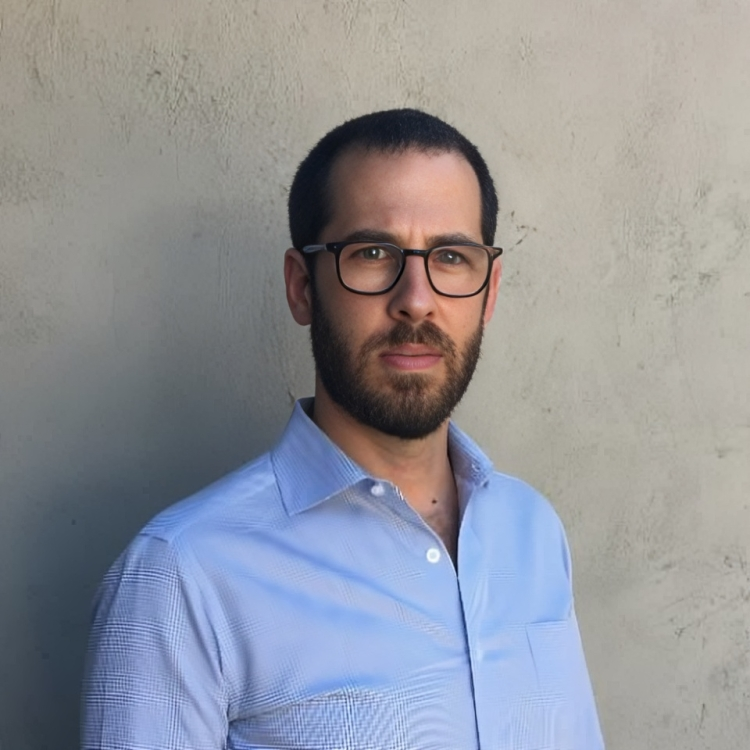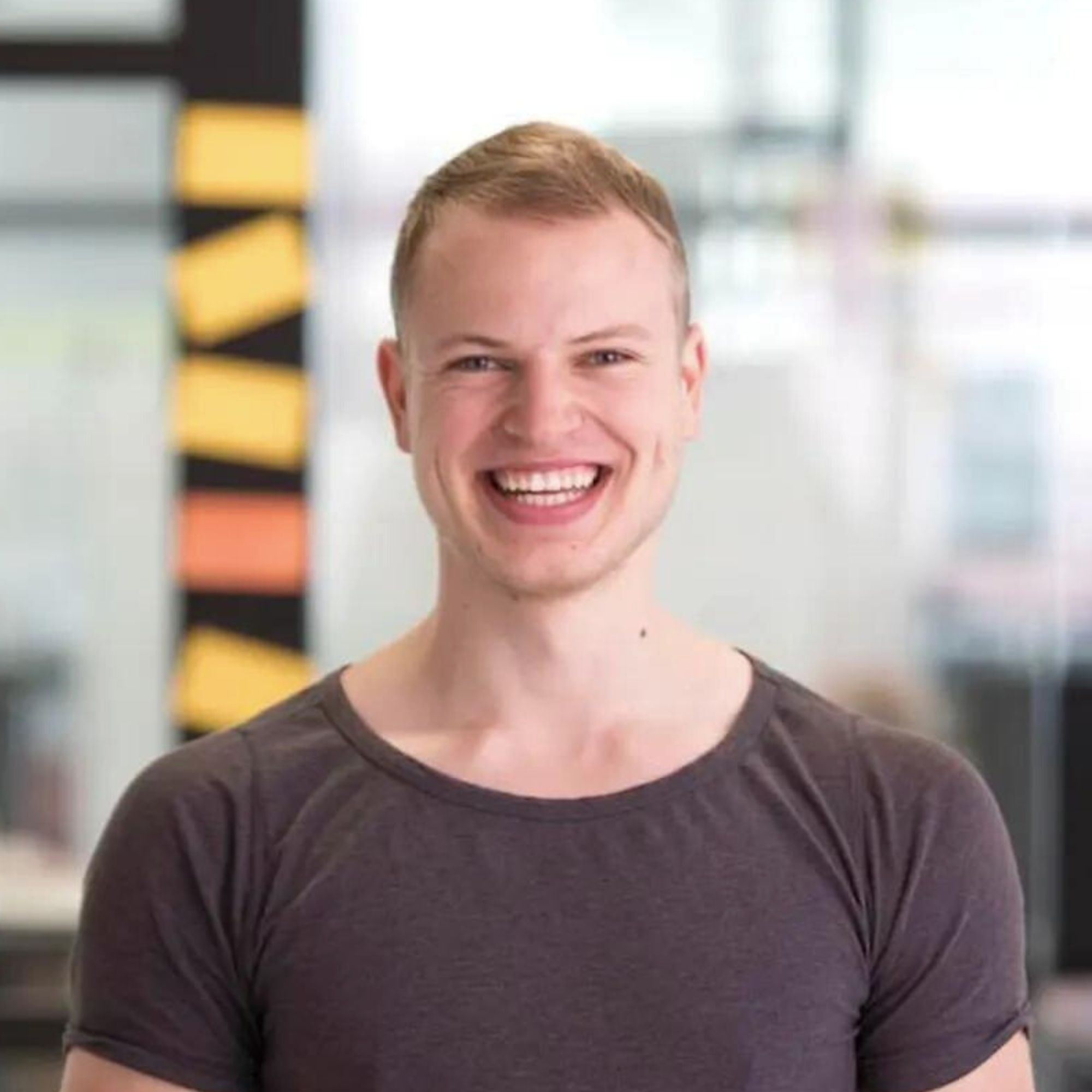Ready to build your own Founder-Led Growth engine? Book a Strategy Call
Frontlines.io | Where B2B Founders Talk GTM.
Strategic Communications Advisory For Visionary Founders
Actionable
Takeaways
Stop coding and start talking to customers first:
Nilo's biggest breakthrough came when a Bay Area advisor told her to "stop coding and start talking." Instead of building an MVP in isolation, they spent months conducting customer discovery across the country. This approach revealed genuine pain points and validated demand before writing a single line of code. B2B founders should resist the engineer's instinct to build first and instead invest heavily in understanding customer problems through direct conversation.
Validate demand through organic outreach, not friends and family:
Thoras AI deliberately avoided selling to their network, choosing instead to validate their solution with complete strangers. Every customer has come through pure organic outreach, providing genuine validation that people truly need the solution rather than doing founders a favor. This approach builds confidence that the product solves real problems and creates a stronger foundation for scaling.
Focus on reliability first, cost savings second:
While many competitors position themselves as cost optimization tools, Thoras AI differentiated by prioritizing application reliability and integrity. As Nilo explains, "For the reliability engineer, any attention on us because of an outage is bad attention." This positioning resonates with their target buyers who view uptime as more critical than cost savings, creating a sustainable competitive advantage.
Use premium branding to elevate your industry:
Thoras AI intentionally created a consumer-grade brand aesthetic to stand out in the sea of generic B2B tools. Their approach makes reliability professionals "feel like they're elevating not only their role, but their entire team" by using a brand that understands their pain points without marketing fluff. B2B founders should consider how premium branding can differentiate their solution and make customers proud to use it.
Build category definition around customer problems, not technology:
Rather than leading with AI capabilities, Thoras AI positions itself around the specific problems reliability engineers face - automation, efficiency, and reducing manual fine-tuning. They're creating a category for "optimization and efficiency" rather than forcing their solution into existing categories like finops or observability. Founders should let customer problems define their category rather than starting with technology capabilities.
Conversation
Highlights
From Frustrated Engineers to AI Pioneers: How Thoras AI Built a Category by Prioritizing Reliability Over Cost
Twin sisters spending a decade getting woken up at 2 AM by infrastructure alerts don’t typically make for the most obvious founding story. But for Nilo Rahmani and her co-founder sister, those years of reactive engineering work became the foundation for something much bigger: a new category in AI-powered infrastructure optimization.
In a recent episode of Category Visionaries, Nilo Rahmani, CEO and Co-Founder of Thoras AI, shared how their $6.5 million journey began not with a grand vision, but with a simple realization that there had to be a better way to manage cloud infrastructure.
The Breakthrough That Changed Everything
The spark came while Nilo was working on her master’s degree at Georgia Tech, focusing on interactive intelligence and machine learning. “It was like, wait, every other industry already uses machine learning. Like, why isn’t the reliability industry using it?” she recalls.
But even with this insight, Nilo initially fell into the classic engineer trap. “I remember, like, putting my kid to sleep and then staying up till like 2, 3am trying to get an MVP done,” she explains. The turning point came when someone in the Bay Area gave her advice that would reshape their entire approach: “Stop coding and start talking.”
This single piece of guidance transformed their strategy. Instead of building in isolation, the sisters embarked on a nationwide tour, conducting dozens of customer discovery conversations. “We started just really kind of taking a tour around the country, went all over and started talking to different customers about sort of what the pain points they were experiencing around Kubernetes and workload management,” Nilo explains.
The Power of Validation Through Strangers
What makes Thoras AI’s customer discovery process particularly compelling is their deliberate choice to avoid the typical startup playbook. “A lot of people, like, sell to family and friends at first. To this day, we haven’t done that at all,” Nilo emphasizes. “Every customer, every adopter of Thoras has been pure organic outreach.”
This approach wasn’t accidental—it was strategic validation. “That’s really what we wanted to validate within ourselves, that no one’s doing us a favor by telling us what we need. They truly need this,” she explains. By intentionally seeking out strangers rather than leveraging their network, they ensured their solution addressed genuine market demand rather than polite interest from people who knew them.
The customer discovery process revealed consistent pain points across engineering teams. “Just having conversations, you know, going up to engineering leaders and saying, like, hey, can I get your feedback on something that I want to work on?” Nilo recalls. “And then they would kind of tell me, I would love for a platform to do X, Y and Z for me.”
Differentiation Through Reliability-First Positioning
While competitors rushed to position themselves as cost optimization tools, Thoras AI took a contrarian approach that stemmed from their deep understanding of reliability engineers’ mindset. “Everybody has been coming at this category at a pure finops cost savings angle,” Nilo observes. “For me personally as a reliability professional, I always want a tool to prioritize the reliability and integrity of my application. Cost savings is always secondary.”
This positioning choice reflects a nuanced understanding of their buyers’ incentives. “For the reliability engineer, there’s any attention on us because of an outage, that’s bad attention. I always say it’s a very thankless industry,” Nilo explains. “When things are running, no one’s thinking about us. That’s a great thing for us.”
The reliability-first approach creates a sustainable competitive advantage. “I personally wouldn’t buy a tool that’s managing my capacity and is incentivized to bring my capacity down,” Nilo states. “I want to make sure for like, you know, big business events that I have enough capacity though.”
Building a Premium Brand in B2B Infrastructure
Perhaps one of Thoras AI’s most striking strategic decisions was their approach to branding. In a sea of generic B2B infrastructure tools, they deliberately chose to create something that looked more like a premium consumer brand.
“Every single tool that I’ve seen over the past few years… it’s always been really the same generic, like, even down to, like, the color palette, like the bright colors,” Nilo explains. “And, you know, it just kind of got old and it felt like we were going to get sort of categorized in, like, this whole large sea of different tools that are coming out every single day.”
Their branding strategy serves a deeper purpose beyond differentiation. “We wanted something not only that would stand out, but would make the, you know, professionals in our industry feel like they’re elevating not only their role, but, you know, their entire team by using a brand that really, truly understands their pain points and doesn’t just add marketing fluff to sound, you know, really cool,” she explains.
The Wedge Strategy for AI Adoption
Rather than promising an all-encompassing AI solution, Thoras AI adopted a focused wedge strategy that acknowledges the complexity of infrastructure management. “There’s a lot of tools kind of right now trying to sell everything at once,” Nilo notes. “You know, like the autonomous SRE agents that are going to do everything for you, when in reality that’s going to be a more incremental approach to AI.”
Their predictive scaling platform serves as this wedge. “Predictive scaling to us is sort of a wedge in helping people understand… a very powerful one I might say,” Nilo explains. “But it’s a wedge for people to start adopting AI ML technology without worrying about the integrity of their application or losing complete control.”
This approach reflects their understanding that infrastructure professionals face higher stakes when adopting AI tools. “For any infrastructure professional to adopt an AI tool, there’s a lot more at stake than like, you know, a developer just adopting a tool to make code written faster or to write tests,” she observes.
Category Creation Around Customer Problems
Instead of forcing their solution into existing categories like finops or observability, Thoras AI is building their category definition around what customers actually need. “I think we’re discovering a new category,” Nilo explains. “Previously, everything that the reliability engineer would touch… was always under the observability umbrella. But now with the rise of AI, we’re starting to see new categories come about that were always needs.”
Their category creation approach is grounded in solving real problems rather than technology capabilities. “We’re creating a category for optimization and efficiency and helping automate things that the reliability engineer shouldn’t have to worry about on their own or manually fine tune,” she explains.
The Go-to-Market Evolution
Thoras AI’s current go-to-market strategy reflects lessons learned from their customer discovery phase. “We do a lot of fold outbound. People like to hear that something is going to optimize performance and also bring down costs,” Nilo explains. “Like I always say, it’s irresponsible not to take or call given those are two strong value propositions.”
Their approach combines direct outreach with leveraging investor networks and inbound interest generated by their brand presence. “We get in, you know, a ton of inbound as well. We’ve done a lot of work to revamp our branding and our online presence,” she notes.
What hasn’t worked provides equally valuable insights. “Email, like, automation is something that I once tried, and I think you pretty much just go to spam or you just get blocked entirely from, like, Gmail’s filters,” Nilo observes. “So I think that is something, in my opinion is like, not worth the founder’s time anymore.”
Vision for Proactive Infrastructure Management
Looking ahead, Thoras AI’s vision extends beyond reactive problem-solving to proactive issue prevention. “What people don’t talk about right now is how do we prevent issues from happening in the first place,” Nilo explains. “There’s a lot of, you know, autonomous on call engineers. But what if there was a world where you could prevent the issue to begin with?”
Their long-term vision involves predictive capabilities that could identify problems before they occur. “Like before you push something to production, you know, there’s going to be a breaking change because you were able to simulate that issue,” she explains.
The Founder’s Journey
The transition from corporate engineering to entrepreneurship required significant mental shifts. When asked about leaving the corporate world, Nilo reflects: “I didn’t see going back as an option at the time. I just had so much adrenaline that I think, like, knowing how much money I had left in the bank to survive with what I personally needed.”
Their fundraising journey proved particularly challenging. “Fundraising is the hardest thing I’ve ever had to do in my life. And I have a degree in electrical engineering and computer science. Two degrees,” Nilo admits. The timing added complexity: “When I started to do this, it was like right after like venture capital changed like literally that same year.”
Success came through persistence and customer validation. “Ultimately, what really kind of pushed things was having as many customers ready to use your platform that I think naturally increased my confidence to go out and pitch,” she explains.
Thoras AI’s journey from frustrated on-call engineers to category-creating founders demonstrates how deep industry expertise, combined with contrarian positioning and customer-first validation, can create sustainable competitive advantages. Their story shows that sometimes the best innovations come not from grand technological visions, but from simply refusing to accept that things have to stay broken.
As infrastructure complexity continues to grow and AI capabilities advance, companies like Thoras AI are positioned to bridge the gap between cutting-edge technology and practical reliability needs. Their approach—prioritizing reliability over cost, building premium brands in B2B spaces, and using focused capabilities as wedges for broader adoption—offers a blueprint for other technical founders looking to create new categories in established industries.





